In the complex and often unpredictable world of international trade, the recent actions by US President Donald Trump have sent shockwaves through the global economy. The imposition of what Trump dubbed "Liberation Day" tariffs on 2 April has sparked a cascade of reactions, from retaliatory measures by other nations to a palpable sense of unease among businesses and investors. Amidst this turmoil, the International Monetary Fund (IMF) has stepped forward with a cautiously optimistic outlook, asserting that while trade tariff uncertainty is at unprecedented levels, a global recession is not imminent. This assertion, however, comes with a clear call to action for countries to fortify their economic foundations and navigate the stormy waters ahead with wisdom and resilience.
The IMF's assessment of the current economic landscape paints a picture of a world economy teetering on the edge of significant disruption. Global share prices have indeed plummeted as trade tensions flared, with indices such as the FTSE 100 in the UK still reeling from the impact. The uncertainty surrounding trade policies has led to a chilling effect on corporate spending and investment, as businesses hesitate to commit resources in an environment fraught with unpredictability. This hesitancy is not unfounded; the World Trade Organization (WTO) has forecast a decline in global trade for the year, attributing this downturn directly to the tariffs imposed by the US. The Bank of England has echoed these concerns, noting that rising trade tensions have significantly increased the risks to global growth and financial stability.
In this context, the European Central Bank's decision to reduce its key interest rate in response to rising trade tensions underscores the growing anxiety among policymakers. The global economic community is grappling with the reality that the once-stable framework of international trade is being challenged in ways not seen in decades. The IMF's assertion that the world economy is not on the brink of a recession, however, offers a glimmer of hope. The organization's managing director, Kristalina Georgieva, has emphasized the need for a measured and balanced approach to navigating these challenges. She has called on countries to redouble their efforts to strengthen their domestic economies, suggesting specific actions that could mitigate the impact of trade uncertainties.
Georgieva's call to action is both pragmatic and visionary. She has urged Europe to reduce restrictions on internal trade in services and deepen its single market, a move that could enhance economic integration and resilience within the region. For China, she has suggested the expansion of its social safety net, which could reduce the need for precautionary savings and stimulate domestic consumption. This, in turn, could provide a buffer against external economic shocks. For the US, the IMF has pointed to the need for the government to address its debt levels, a long-standing issue that has the potential to undermine economic stability.
These recommendations are not merely theoretical; they are grounded in the understanding that the global economy is interconnected in ways that make it vulnerable to disruptions in trade. The actions of one major economy can have ripple effects that are felt around the world. The US, as the world's largest economy, has a significant role to play in shaping the trajectory of global trade. The tariffs imposed by the Trump administration have been justified on the grounds of protecting American jobs and industries, but the unintended consequences have been far-reaching. The retaliatory tariffs imposed by other countries have created a cycle of escalation that threatens to undermine the very economic stability that the tariffs were intended to protect.
The IMF's outlook, while more optimistic than some other forecasts, is not without its caveats. The organization acknowledges that growth projections will be downgraded, but it emphasizes the importance of proactive measures to mitigate the impact of trade tensions. This includes not only policy changes at the national level but also a renewed commitment to international cooperation. The World Trade Organization, despite its forecast of a decline in global trade, remains a crucial institution for resolving trade disputes and promoting fair trade practices. The IMF's call for countries to "put their own houses in order" is a recognition that domestic economic policies play a vital role in shaping the global economic landscape.
In the face of these challenges, the business community has a crucial role to play. Companies must adapt their strategies to navigate the uncertainties of the current trade environment. This may involve diversifying supply chains, investing in new technologies to enhance efficiency, and engaging in proactive risk management. For businesses that rely heavily on international trade, the current climate requires a delicate balance between maintaining competitiveness and ensuring resilience in the face of potential disruptions.
The IMF's assertion that a global recession is not inevitable is a reminder that the world economy is not entirely at the mercy of trade tariffs. While the uncertainty surrounding trade policies has created significant challenges, it has also presented opportunities for countries to reassess their economic strategies and strengthen their domestic foundations. The call for a more balanced and resilient world economy is not just a response to the current crisis; it is a vision for a future in which the global economy can withstand the inevitable shocks and disruptions that arise in an interconnected world.
The IMF's outlook on the current trade tariff uncertainty offers a nuanced perspective on the challenges facing the global economy. While acknowledging the significant disruptions caused by recent trade actions, the organization emphasizes the importance of proactive measures to mitigate the impact and build a more resilient economic framework. The call for countries to strengthen their domestic economies, enhance international cooperation, and adapt to the changing trade landscape is a recognition that the path forward requires both strategic foresight and collaborative effort. As the world navigates these turbulent waters, the IMF's vision of a better-balanced, more resilient world economy serves as a beacon of hope and a call to action for policymakers, businesses, and individuals alike.
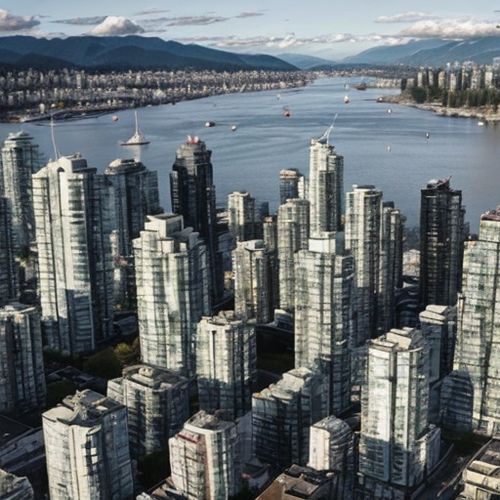
By Daniel Scott/Apr 21, 2025
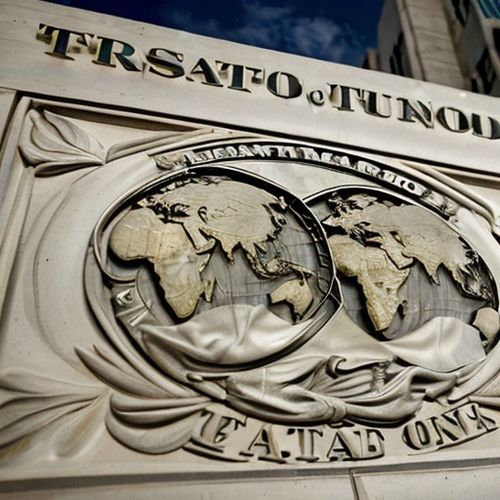
By Laura Wilson/Apr 21, 2025
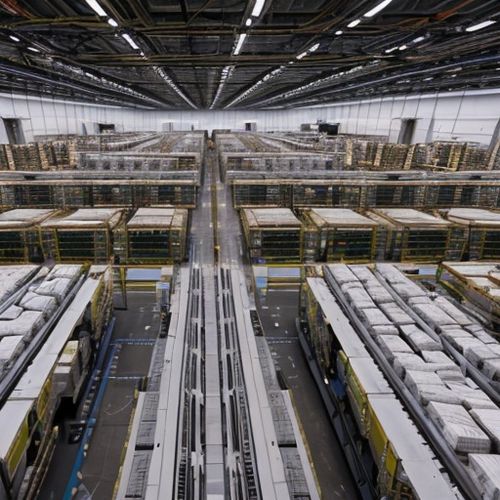
By Christopher Harris/Apr 21, 2025

By Emma Thompson/Apr 21, 2025
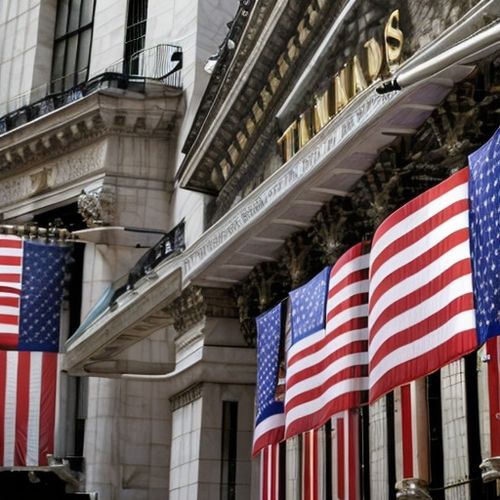
By Michael Brown/Apr 21, 2025
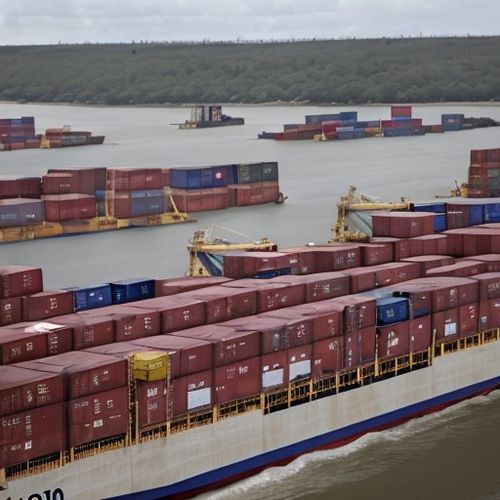
By Samuel Cooper/Apr 21, 2025
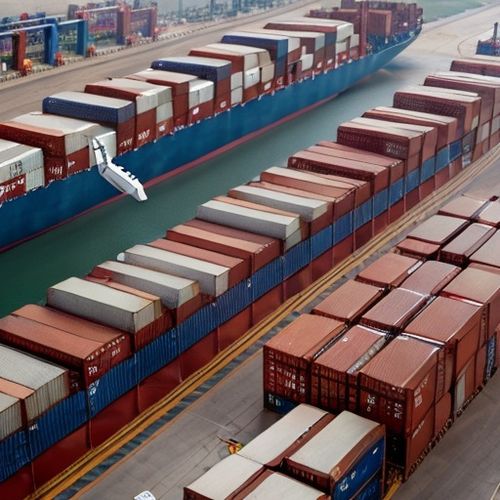
By Lily Simpson/Apr 21, 2025

By Megan Clark/Apr 21, 2025

By Elizabeth Taylor/Apr 21, 2025
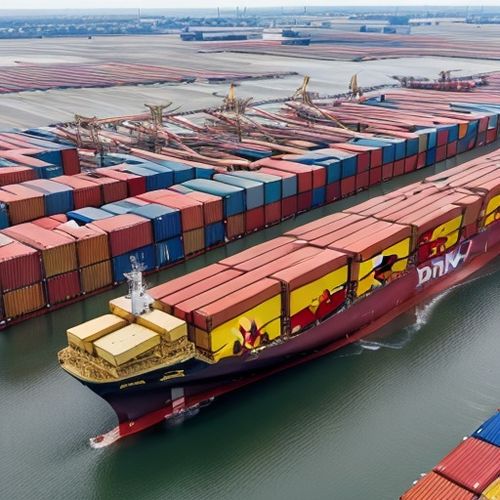
By Noah Bell/Apr 21, 2025
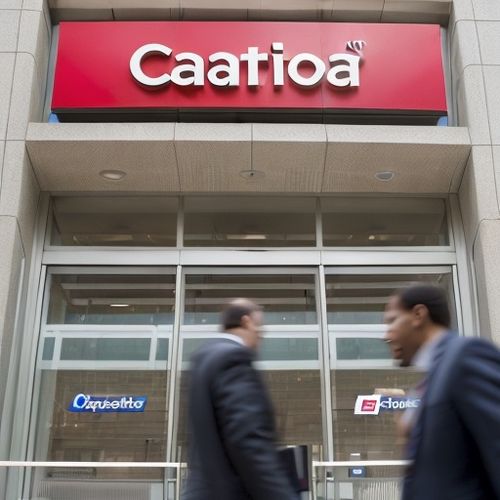
By William Miller/Apr 21, 2025
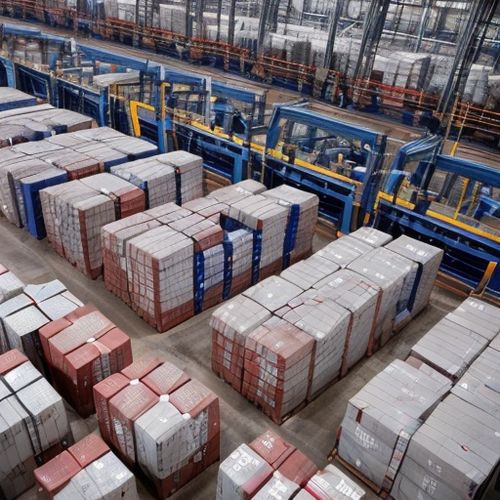
By Michael Brown/Apr 21, 2025
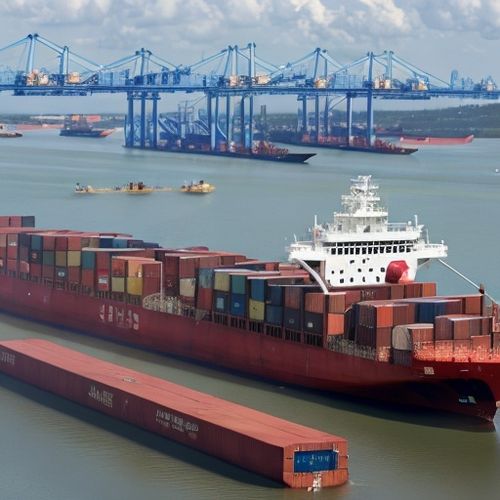
By Emily Johnson/Apr 21, 2025
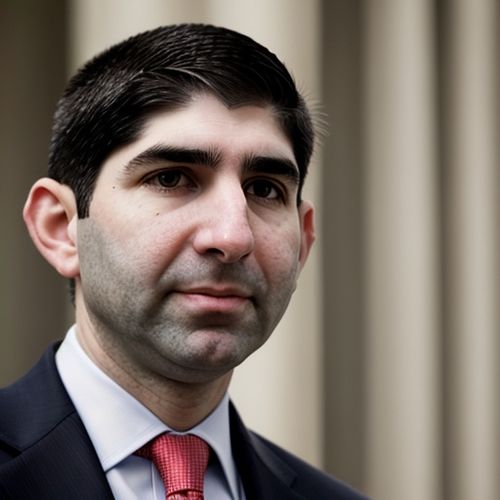
By Natalie Campbell/Apr 21, 2025

By Grace Cox/Apr 21, 2025
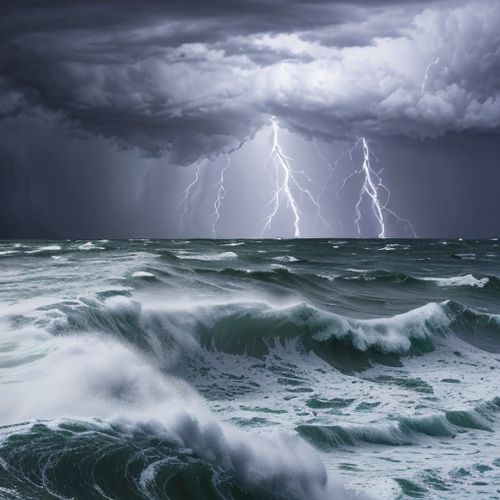
By Lily Simpson/Apr 21, 2025
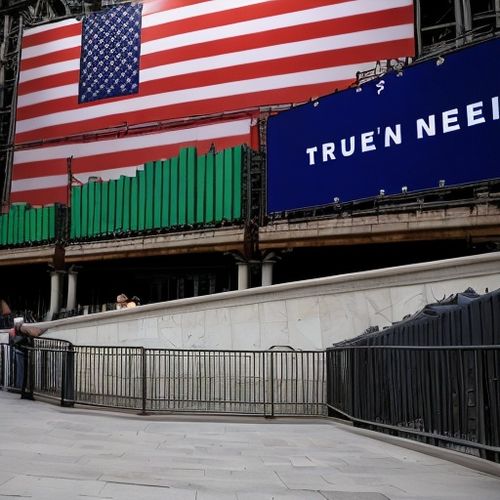
By Noah Bell/Apr 21, 2025
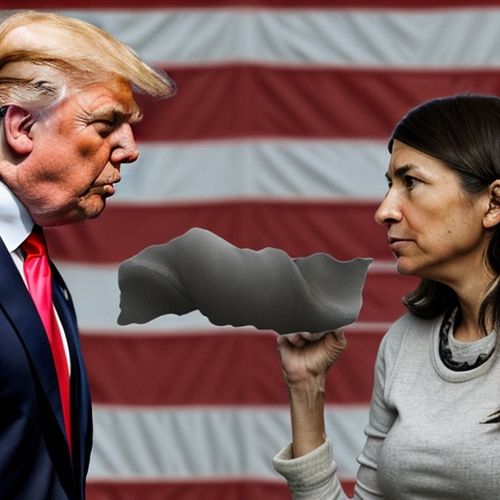
By Lily Simpson/Apr 21, 2025

By James Moore/Apr 21, 2025

By Daniel Scott/Apr 21, 2025